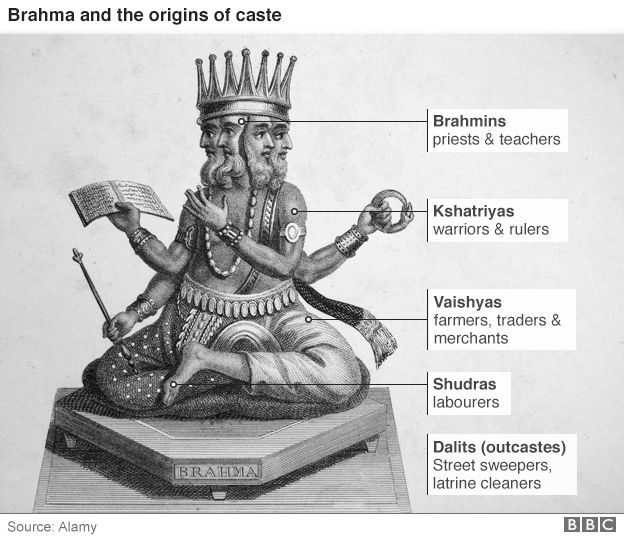Brigadier Malik Mohammed Aslam was born in August 1938 in the village of Choi in the Salt Range (Northern Punjab). He passed away after a long and eventful life on June 30 2023. I wanted to write a few words for a couple of different reasons: one, he was my father’s closest friend and one of the most extraordinary human beings I have ever met; but second (and perhaps more important for the historical record) he played an important role in the defense of Lahore in 1965 and yet this role is not recorded anywhere. I wanted to correct that oversight.
Brigadier Aslam attended Military school Sarai Alamgir and passed out from PMA with the 17th long course with the Norman Medal and other honors. He was commissioned in the artillery and was serving in Lahore in 1965 as a young captain. In August 1965 Pakistan had sent armed raiders into Kashmir (operation Gibraltar) to spark an uprising there. That operation failed miserably and instead the Indian army captured Haji Pir pass and threatened Neelam valley and Muzaffarabad, so the Pakistan army invaded Chamb (operation Grand Slam) to relieve pressure and perhaps get a breakthrough from that direction. While all this was going on in Kashmir, the high command in Pakistan remained confident that India will not expand the war to any other theater (this moronic confidence came about because Bhutto and friends had sold the Gibraltar idea to Ayub (who was a bit of a coward) with the assurance that India will never dare to extend the war to the “regular border” and it will remain confined to Kashmir). Indian PM Shastri was thought to be a weakling and Indian performance in Rann of Katch had been unimpressive, so the army high command bought this dumb idea. But on the night of 5-6th September the Indian army launched an attack on Lahore and the Pakistani army was caught off guard. The local GOC had started moving some troops forward, but most of the troops were still in Lahore cantonment when the Indians attacked. Captain Aslam, commanding a field battery, was woken up by the sound of gunfire. He tried to call his superiors to find out what was going on but nobody in corps HQ in Lahore had any orders for him and he was told to wait till they got in touch with superior officers. On his own initiative and without wasting any further time, Captain Aslam opened fire with all guns and was the first and only artillery battery to do so. This fact can be confirmed with other participants in that night’s events. He kept firing for the next 17 days and two of his barrels melted in the process. Several small and large decisions that night helped to save Lahore, but this was definitely one of them. (though to be fair if the Indian army had been better led, they could have taken Lahore that morning; that they failed is also due to the incompetence and cowardice of their commanding officer, general Niranjan Prasad (whom Harbaksh Singh wanted court martialed for cowardice). Continue reading Obituary: Brigadier Malik Mohammed Aslam, 1938-2023
